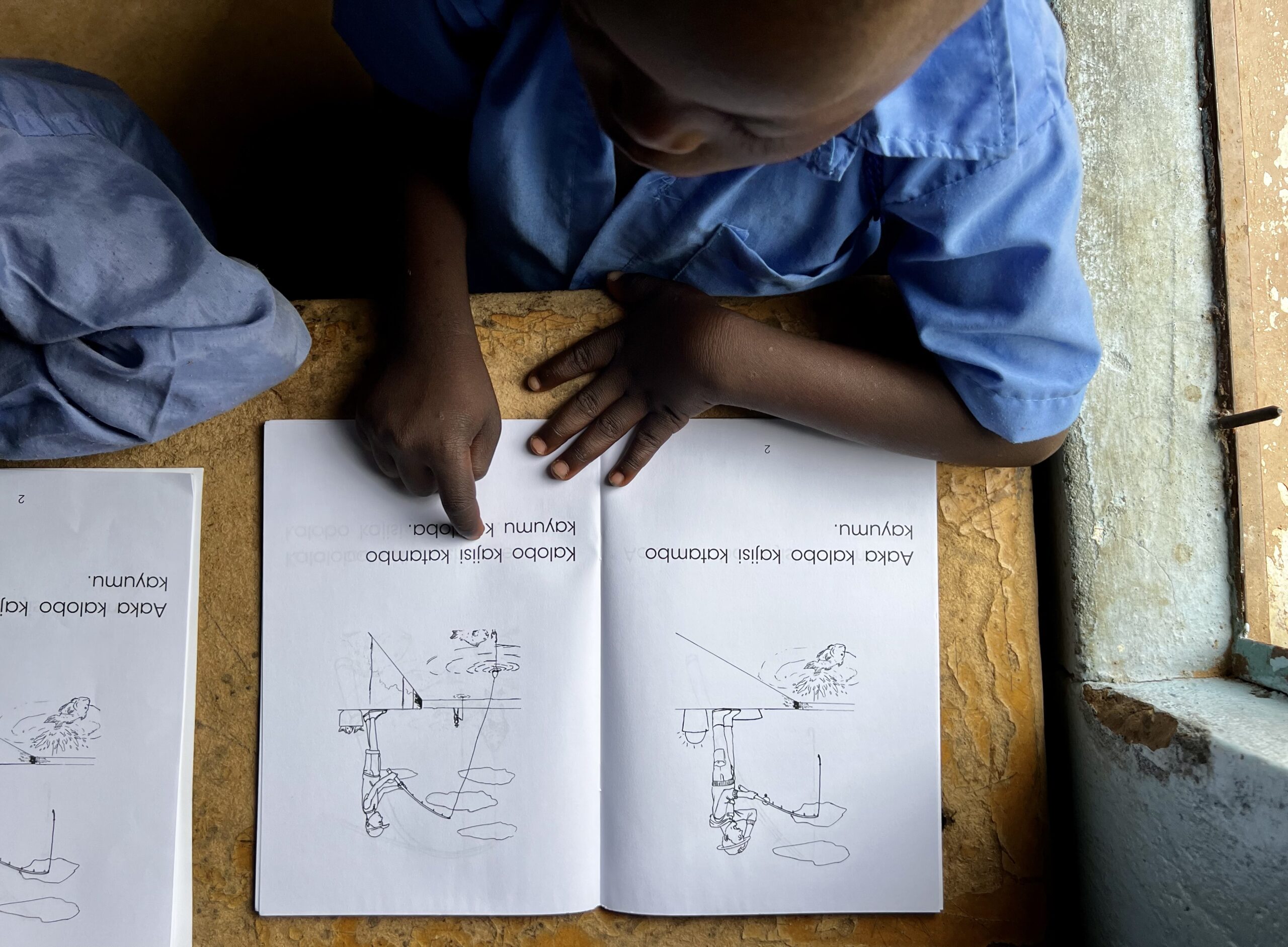Featured Projects
USAID Zambia Let’s Read Project
This project sought to improve reading outcomes for students from pre-primary through grade 3 in Zambia, as well as support the education system at all levels with a whole school-whole system approach.
Read moreGLOBE Implementation Office
This program is working to increase scientific understanding of the Earth, support improved student achievement in science and mathematics, and promote citizen science.
Read moreUSAID DRC Let's Learn Together!
This project sought to increase the accessibility, quality, and inclusivity of education in the provinces of Équateur, Maniema, Tanganyika, and Kinshasa in the Democratic Republic of the Congo.
Read moreUSAID Zambia Let’s Read Project
This project sought to improve reading outcomes for students from pre-primary through grade 3 in Zambia, as well as support the education system at all levels with a whole school-whole system approach.
Read moreGLOBE Implementation Office
This program is working to increase scientific understanding of the Earth, support improved student achievement in science and mathematics, and promote citizen science.
Read more





